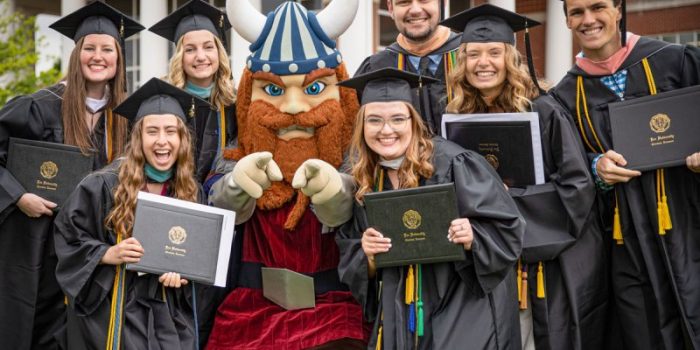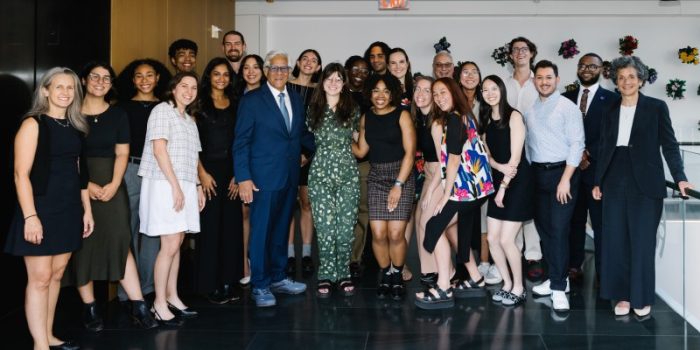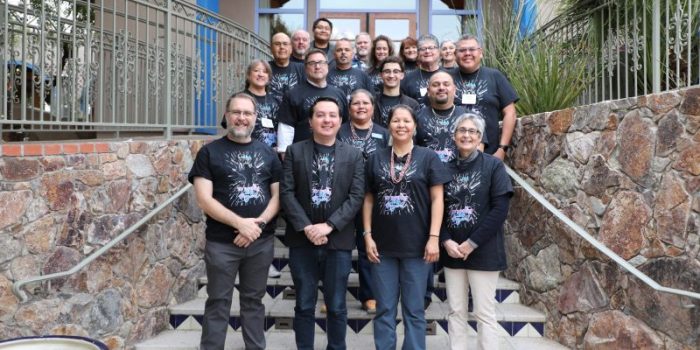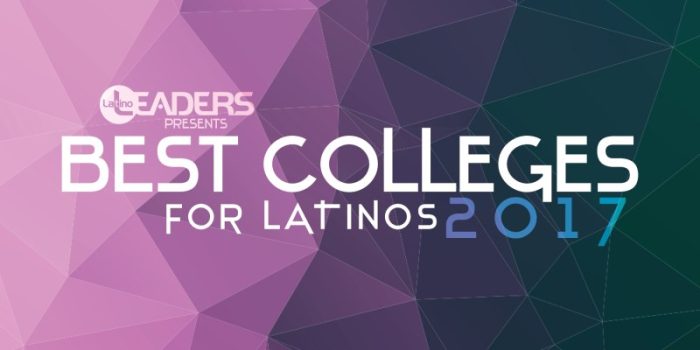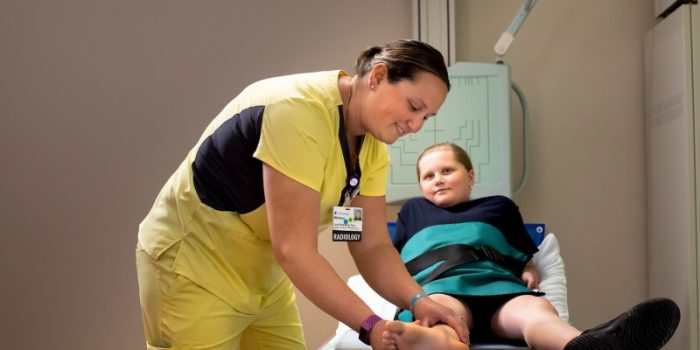Scholarships For Black Students In Atlanta Interested In Business Degrees – With a mission to make free college the new normal, Victoria Lamar and Securing Degrees have raised more than $15 million in scholarships and offers to Atlanta-area students through a database and one-on-one training. Securing Degrees is a scholarship application system that helps thousands of students across the country find and receive scholarships to pursue a debt-free education. They have been able to help more than 4,000 families and have partnered with organizations such as the Boy Scouts, NFL Alumni and KIPP Schools of Metro Atlanta.
For Lamar, who grew up in Atlanta, Georgia, the youngest of four girls raised by a single mother, he knew the importance of higher education from an early age. In 2018, Victoria raised more than $3 million in scholarships and offers for higher education. After his success, Lamar has taken advantage of several opportunities that offer scholarships in addition to financial benefits and have established a degree in Securing. She knows that the ability to avoid the devastating effects of student loan debt is an opportunity that many students like her don’t take advantage of.
Scholarships For Black Students In Atlanta Interested In Business Degrees
ENSPIRE spoke to Victoria Lamar to learn more about earning a degree and how students can take control of their financial literacy.
She Was Accepted By 54 Colleges And Got $1.3 Million In Scholarship Offers
The first step to creating a guaranteed degree is building a community where students and parents can find resources and guidance to pursue a debt-free education. Our primary focus is to provide valuable information, strategies and support throughout the scholarship and college application process. One of the biggest hurdles we face is gaining visibility and reaching stakeholders who can benefit from our services. Connecting with schools, organizations and families who need our help is a challenge. However, since we started in 2018, we have been able to overcome these barriers and make a significant impact.
To meet the visibility challenge, we use a variety of marketing and outreach strategies, including targeted digital campaigns, partnerships with schools and community organizations, and using social media platforms to reach our target audiences. By consistently providing valuable content and showcasing the success stories of students who have benefited from our programs, we can establish credibility and build trust within the education community.
As a result, we have served more than 4,000 students and helped them raise more than $20 million in scholarships. This achievement is a testament to the effectiveness of the community and the team’s dedication to empowering students in their educational journey. We are committed to expanding our reach and making a positive impact in the lives of more students and families. Through ongoing partnerships, innovative programs and continuous improvement, we aim to provide students with more opportunities to achieve their educational dreams without the burden of debt.
Where does startup funding come from? What is the process of getting Aadhaar for student education?
Top 212 Scholarships For Black Students In November 2024
Initial funding for the guaranteed degree came from a combination of savings and personal funds. It is the process of researching and applying for grants, building relationships with potential sponsors, and using networks to secure financial support for a student’s education.
Our personal loan coaching process begins with a comprehensive assessment of the student’s financial situation, including student loans, expenses and income. We then create a personalized plan to help them effectively manage their debt. This includes budgeting strategies, loan repayment options, and exploring opportunities to reduce or forgive debt. Our coaches provide continuous support and guidance to empower students to make sound financial decisions.
Do you want to reach out to more students and do you have plans to do so in the future?
Sure! Our mission is to make quality education accessible to as many students as possible. We are constantly looking for ways to expand our reach and influence. This includes developing partnerships with schools, colleges and community organizations, as well as using technology to offer programs and resources to a wider audience.
Chris Ford Scholarship
We have received overwhelmingly positive feedback from students and parents who have benefited from our program. He expressed gratitude for his personal guidance, the transformative impact of receiving scholarships, and the nature of our loan education. Stories abound of how our support has opened doors to educational opportunities that were thought to be out of reach. You can view our testimonials here, www.securingdegrees.org/testimonials.
For high school students, it’s important to plan early and proactively for scholarships and loans. We recommend the following steps:
The increasing amount of student loan debt in minority communities further highlights the need for positive financial solutions. According to EducationData, “Black college degree holders have an average of $52,000 in student loan debt and more than 50% of black student borrowers report that their net worth is less than their student loan debt.” Empowering students through specialized coaching gives them tools not only for themselves, but also for the community and younger high school students. Securing degrees serves to deliver social benefits to the wider community and impacts families for generations to come.
Related Article: Elevate Orlando Ensures Successful Futures for Students, Black Business School Revolutionizes Business Education Explore scholarship options.
What Is The Common Black College Application?
According to the National Center for Education Statistics (NCES), black students receive the highest percentage of financial aid compared to students from other racial/ethnic groups who complete a degree.
You can get scholarships through national and state agencies and individual universities based on need and/or finances. You should look for scholarships and grants — which don’t have to be repaid — before considering loans or other conditional options for your college education.
As the cost of college rises, nearly all students need financial aid to earn their degree. According to NCES, more than 85% of full-time undergraduate students received financial aid in 2019-20.
However, these financial rewards are unevenly distributed among minority student groups. Black students take out federal loans at higher rates, accumulate more debt, and are more likely to default on their student loans than their white peers.
Scholarships & Aid Programs
Scholarships and grants aimed at black and African-American students can help offset the cost of a college education and reduce student loan debt. You can also collect scholarships and financial aid specifically for women, first-generation college students, STEM programs, or high-need majors.
Who is eligible: Applicants must be black or African-American high school students who are US citizens or meet permanent residency requirements. Applicants must also demonstrate financial need, academic excellence, leadership potential and community service experience.
Who is eligible: Applicants must be high school seniors from minority groups with a GPA of at least 3.0. Applicants must enter a semester degree program after graduating from high school with a STEM major.
Who’s Eligible: Applicants must be high school seniors who belong to an underrepresented minority group. Applicants must be accepted to an accredited four-year university and intend to major in a qualifying discipline such as STEM, pre-med or psychology.
Atlanta University Center Consortium
Who is eligible: Applicants must be high school graduates, first-year students, or transfer students in their first or second year. Applicants must be US citizens with a record of academic excellence and public service experience and with a combined household income not exceeding $70,000.
Who is eligible: Applicants must identify as Black or African American and must be enrolled or accepted as a full-time undergraduate student at an accredited four-year university. Applicants must declare a major in computer science or computer engineering and maintain a minimum GPA of 3.0.
Who’s Eligible: Applicants may be high school seniors or college transfer students from underrepresented minority groups. Applicants must be majoring in transportation engineering or a related field at an accredited four-year university. Preference is given to first-generation college students with financial need.
Who is Eligible: Applicants must be enrolled in a Historically Black College and University (HBCU) degree program during the academic year in which they are applying for the scholarship. They must maintain a minimum GPA of 2.7, have US citizenship or permanent residency, and demonstrate financial need and strong leadership ability.
College Grants & Scholarships For Black Women: African American Grants
Who is Eligible: Applicants must be US citizens or permanent residents who are also active members of the NBMBAA. They must be enrolled full-time in an accredited graduate business program at the time of application. Applicants must also demonstrate a minimum GPA of 3.0, as well as academic excellence, leadership potential and community service experience.
Who is eligible: Applicants must be high school seniors, of African descent, planning to attend an accredited four-year university after high school graduation. Applicants must also maintain a minimum GPA of 3.0 and demonstrate strong leadership potential, but need financial aid to attend college. Candidates must study engineering, computer science or a related business field.
Who’s Eligible: Federal Pell Grants are awarded to students based on family income and personal expenses to complete the college program of their choice. Applicants must submit the Free Application for Federal Student Aid (FAFSA) to determine eligibility for funding.
Who’s Eligible: FSEOG is awarded by colleges and universities to supplement other sources of financial aid

